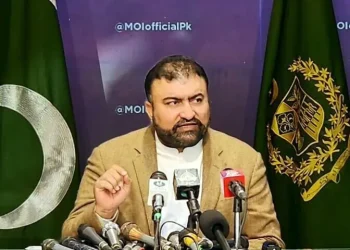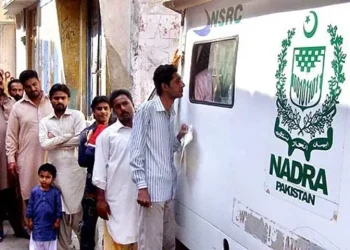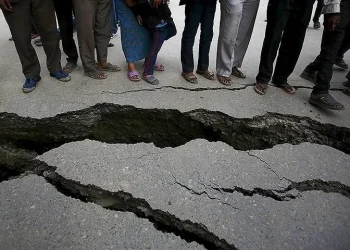KARACHI: Pakistan’s economy and its people are facing a health crisis. With an economy burdened by high debt and riddled with taxation measures that target the paying sectors, policymaking is seen as being crucial to guide the country out of its perilous path.
However, when it comes to the healthcare and pharmaceutical sectors – an area where developing nations concentrate as they look for sustainable growth – experts rue the lack of attention and inconsistent policymaking.
Additionally, vested interests that have their hands in the smuggling and counterfeit drugs racket have caused additional headaches.
Experts say Pakistan budget massively negative for struggling healthcare sector
In Pakistan, life expectancy is hovering around 67 years, according to the latest Economic Survey, lower than almost all of its peer nations. The average in South Asia stands at 71.6.
A research report, “Healthcare in Pakistan: Navigating Challenges and Building a Brighter Future,” published in 2023 stated the solutions to the “stumbling and compromised healthcare system of Pakistan” are adequate financial support and infrastructure development. The paper also discussed several other challenges the important sector faces in Pakistan.
Arshad Rahim, a former executive associated with the pharmaceutical industry in senior leadership positions, highlighted that Pakistan has one of the lowest health budgets in the world. At less than 2% of GDP, it is lower even in comparison to regional or peer nations.
To give context, Bangladesh allocates 5% of its GDP to health. According to the World Health Organization (WHO), the health budget should be at least 6% of GDP.
Rahim emphasised that the country’s health sector direly needs disease preventive and health promotion measures along with healthier lifestyles.
Rahim also stressed the importance of distributing quality medicines as prescribed by doctors, as was done under the Sehat Sahulat Card, which allowed patients to access medicines through the card.
“It should resume,” he insisted.
Rahim has held several senior leadership positions, including serving as CEO of Wyeth Pakistan. He has also served as a member of the Policy Board at the Drug Regulatory Authority of Pakistan (DRAP).










 American Dollar Exchange Rate
American Dollar Exchange Rate